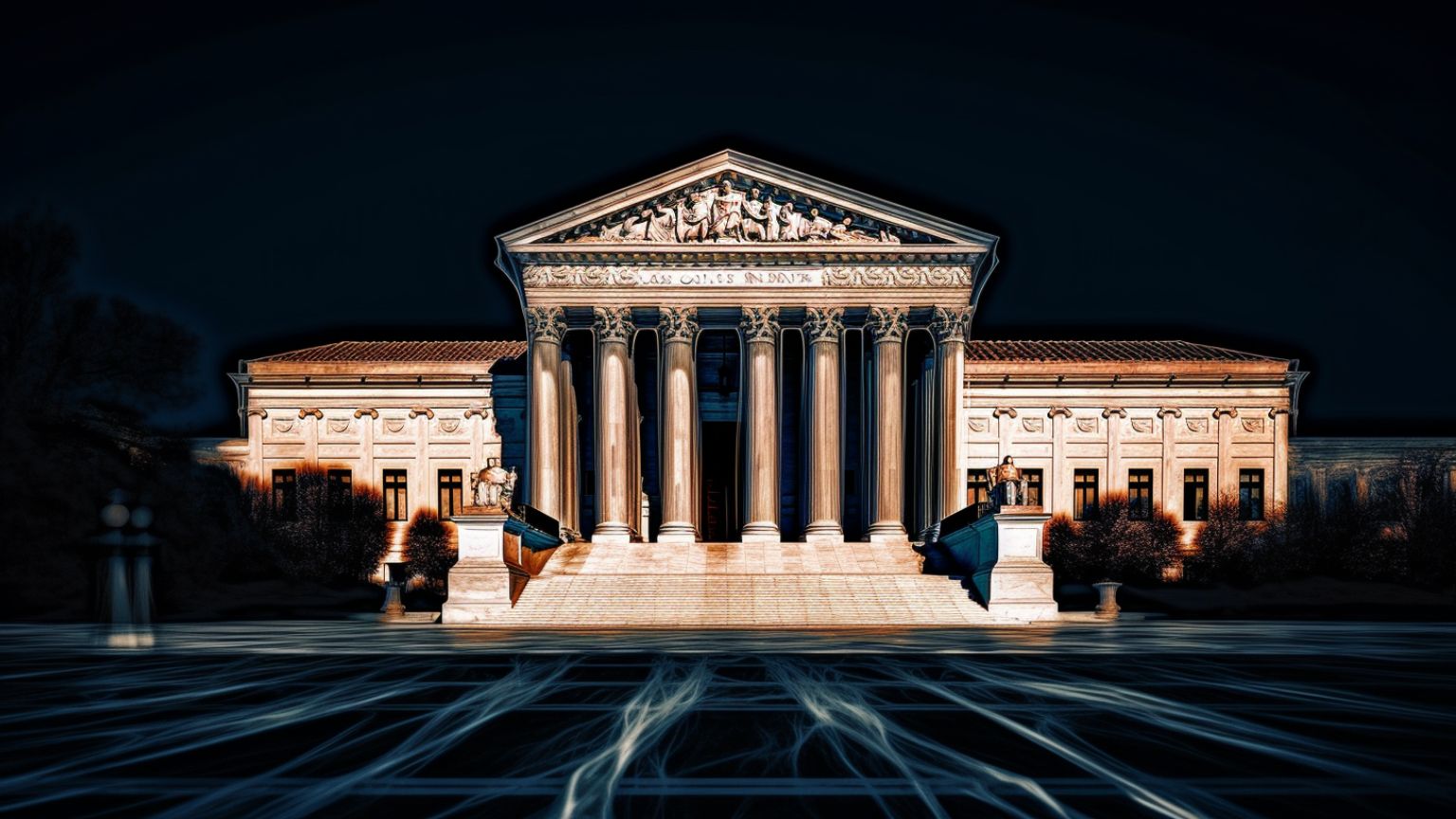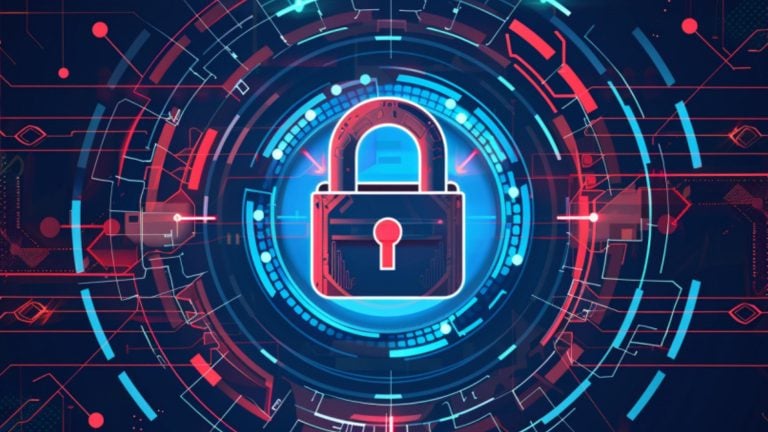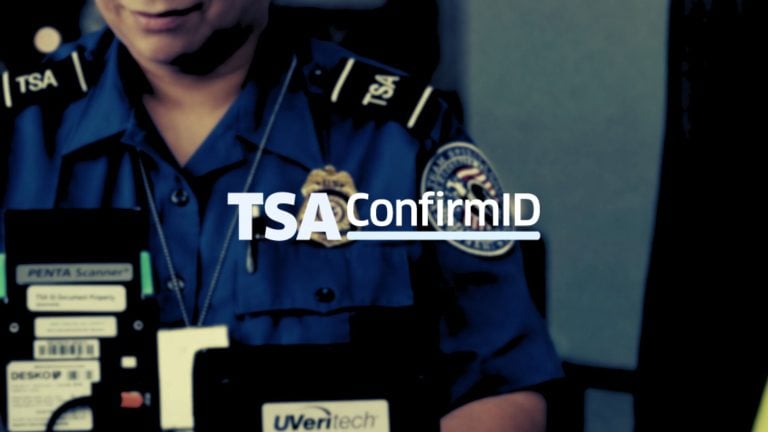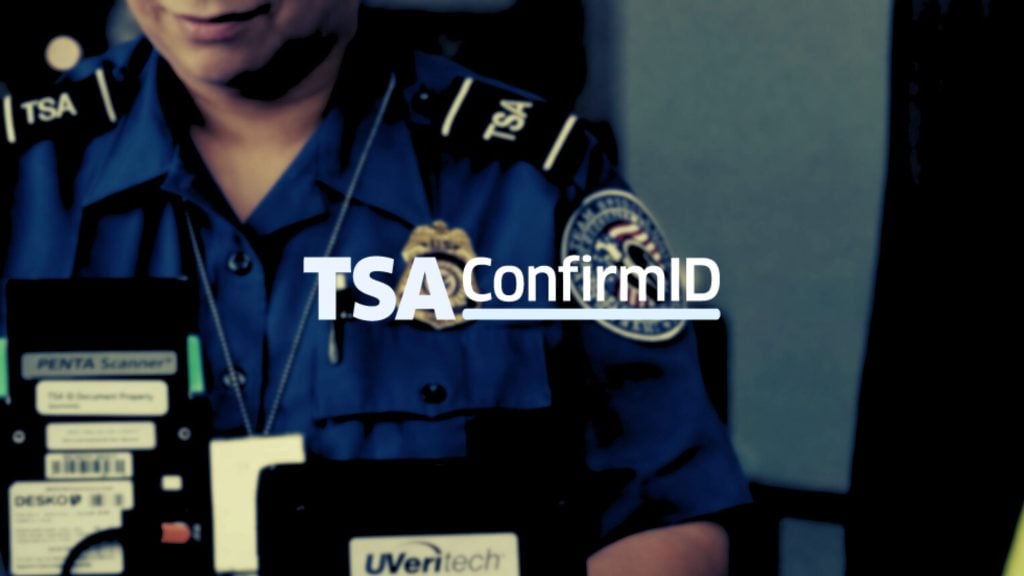A notable stride has been made in the long-waged battle against the Censorship Industrial Complex, with the US Supreme Court deciding to weigh in on the matter. The case in question, Missouri v. Biden, has the Attorneys General of Missouri and Louisiana pitted against the Biden administration, accusing it of advocating for censorship on social media platforms, particularly concerning discussions around Covid and election-related matters.
The constitutional examination of the Censorship Industrial Complex is seen as a significant step toward upholding or dismantling barriers to free expression on digital platforms.
The court decided to take up the case after the Biden administration asked for a stay on an injunction against its online censorship pressure.
Justice Alito, with whom Justices Thomas and Gorsuch join, dissented on the request for a stay, and this part is worth reading in full:
This case concerns what two lower courts found to be a “coordinated campaign” by high-level federal officials to suppress the expression of disfavored views on important public issues. To prevent the continuation of this campaign, these officials were enjoined from either “coerc[ing]” social media companies to engage in such censorship or “active[ly] control[ling]” those companies’ decisions about the content posted on their platforms. Today, however, a majority of the Court, without undertaking a full review of the record and without any explanation, suspends the effect of that injunction until the Court completes its review of this case, an event that may not occur until late in the spring of next year. Government censorship of private speech is antithetical to our democratic form of government, and therefore today’s decision is highly disturbing.
This case began when two States, Missouri and Louisiana, and various private parties filed suit alleging that popular social media companies had either blocked their use of the companies’ platforms or had downgraded their posts on a host of controversial subjects, including “the COVID–19 lab leak theory, pandemic lockdowns, vaccine side effects, election fraud, and the Hunter Biden laptop story.” According to the plaintiffs, Federal Government officials “were the ones pulling the strings,” that is, these officials “‘coerced, threatened, and pressured [the] social-media platforms to censor [them].'” Based on extensive findings of fact that spanned 82 pages, the District Court held that the plaintiffs were likely to be able to prove their claims and were threatened with irreparable harm, and it therefore issued a preliminary injunction against a number of Executive Branch agencies and officials.
On appeal, the Court of Appeals agreed with the District Court’s assessment of the evidence, which, in its words, showed the existence of “a coordinated campaign” of unprecedented “magnitude orchestrated by federal officials that jeopardized a fundamental aspect of American life.” The Court of Appeals found that “the district court was correct in its assessment—’unrelenting pressure’ from certain government officials likely ‘had the intended result of suppressing millions of protected free speech postings by American citizens.'”
To stop this “campaign,” the injunction, as it now stands, prohibits the covered officials from doing two things. First, they may not “coerce” social media platforms to make “content-moderation decisions.” Second, they may not “meaningfully contro[l]” social media platforms’ “content-moderation” efforts. Displeased with these restrictions, the Government filed an emergency application asking us to stay the effect of this injunction pending certiorari.
Under a straightforward application of the test we use in deciding whether to grant a stay, the Government’s application should be denied. To obtain a stay pending the disposition of a petition for a writ of certiorari, an applicant must show, among other things, “a likelihood that irreparable harm will result from the denial of a stay.” A stay is an “extraordinary remedy that may only be awarded upon a clear showing that the plaintiff is entitled to such relief.” Thus, the Government in this case must make a “clear showing” of irreparable harm. And to do that, it is not enough to “simply sho[w] some ‘possibility of irreparable injury.'” A mere “‘possibility’ standard is too lenient.” Instead, the Government must prove that irreparable harm is “likel[y].” Here, the Government’s attempts to demonstrate irreparable harm do not come close to clearing this high bar.
Instead of providing any concrete proof that “harm is imminent,” the Government offers a series of hypothetical statements that a covered official might want to make in the future and that, it thinks, might be chilled. But hypotheticals are just that—speculation that the Government “may suffer irreparable harm at some point in the future,” not concrete proof. And such speculation does not establish irreparable harm.
Moreover, it does not appear that any of the Government’s hypothetical communications would actually be prohibited by the injunction. Nor is any such example provided by the Court’s unreasoned order. The Government claims that the injunction might prevent “the President and the senior officials who serve as his proxies” from “speak[ing] to the public on matters of public concern.” Application 36; accord, id., at 3 (suggesting that the Fifth Circuit’s decision implicates “the use of the Office’s bully pulpit to seek to persuade Americans”). The President himself is not subject to the injunction, and in any event, the injunction does not prevent any Government official from speaking on any matter or from urging any entity or person to act in accordance with the Government’s view of responsible conduct.
The injunction applies only when the Government crosses the line and begins to coerce or control others’ exercise of their free-speech rights. Does the Government think that the First Amendment allows Executive Branch officials to engage in such conduct? Does it have plans for this to occur between now and the time when this case is decided?
Despite the Government’s conspicuous failure to establish a threat of irreparable harm, the majority stays the injunction and thus allows the defendants to persist in committing the type of First Amendment violations that the lower courts identified. The majority takes this action in the face of the lower courts’ detailed findings of fact. But “[w]here an intermediate court reviews, and affirms, a trial court’s factual findings, this Court will not ‘lightly overturn’ the concurrent findings of the two lower courts.” And the majority suspends the relief afforded below without a word of explanation.
Applying our settled test for granting a stay, I would deny the Government’s application, but I would specify in the order that in the unlikely event that a concrete occurrence presents a risk of irreparable harm, the Government can apply for relief at that time, including, if necessary, by filing an emergency application here. Such an order would fully protect the ability of Executive Branch officials to speak out on matters of public concern.
At this time in the history of our country, what the Court has done, I fear, will be seen by some as giving the Government a green light to use heavy-handed tactics to skew the presentation of views on the medium that increasingly dominates the dissemination of news. That is most unfortunate.
Jenin Younes, a staff attorney for the New Civil Liberties Association, who has been working closely with Columbia Law Professor, Philip Hamburger, shared the sentiment of many anti-censorship advocates when she penned, “We look forward to vindicating the 1st Amendment rights of our clients, and all Americans, in the nation’s highest court.” The duo, alongside their represented clientele which includes academia stalwarts like Stanford Professor Jay Bhattacharya, former UC Irvine psychiatrist Aaron Kheriaty, and Harvard professor, Martin Kulldorff, find themselves on a shared mission to protect the sacred ground of free speech.










